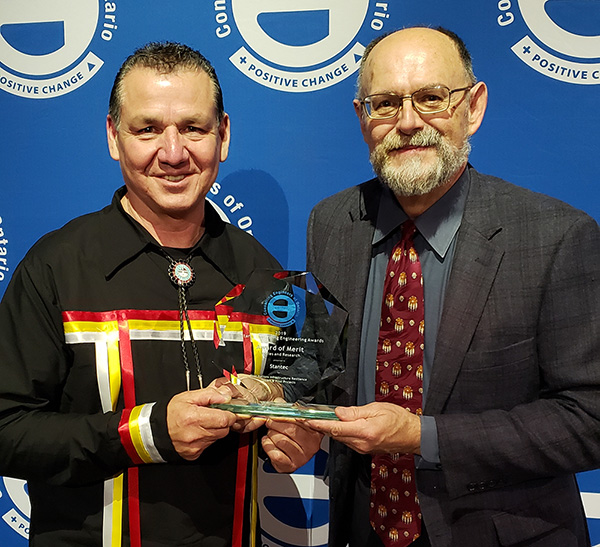The Indigenous Climate Hub is proud to launch its new podcast series—a powerful digital storytelling platform designed to elevate, empower, and honour Indigenous climate change leadership across Turtle Island. Available now on Spotify (http://creators.spotify.com/pod/show/indigenous-climate-hub), this podcast series shares stories of Indigenous Peoples leading climate change adaptation and mitigation efforts, engaging in environmental stewardship, and applying traditional and ecological knowledge to address the climate crisis in their homelands.
With new episodes continuing throughout 2025, the podcast offers a growing collection of compelling interviews and narratives, highlighting the diverse and resilient responses of First Nations, Inuit, and Métis communities to climate-related challenges. These stories are deeply personal and powerful — and belong to the individuals and communities who share them.
“We are excited to create a podcast where Indigenous knowledge keepers, youth, land defenders, scientists, and community members can share their experiences in their own words,” says Indigenous Climate Hub podcast co-host Dr. Shyra Barberstock. “This podcast is about amplifying the voices of Indigenous Peoples on the frontlines of climate change — and those whose leadership offers solutions rooted in generations of wisdom.”
Call for Participants
The Indigenous Climate Hub podcast team is actively seeking Indigenous interviewees who want to share their stories of:
- Climate change adaptation and mitigation
- Environmental and land stewardship
- Traditional and ecological knowledge
- Community-based solutions and innovation
- Climate and land-based education
Sharing Indigenous stories through this podcast series is an opportunity to reach a national audience, inspire others, and contribute to a growing archive of Indigenous-led climate solutions. It’s also a chance to be part of a supportive network that values Indigenous voices, land-based knowledge, and leadership.
Join the Conversation
Your perspective matters whether you’re from a northern fly-in community or a southern urban centre. We want to hear from you if you’re an Indigenous person with a story to share.
To participate in the podcast or learn more, visit https://indigenousclimatehub.ca/podcast/. Follow us on Spotify to listen to new episodes and help amplify these vital stories by sharing them with your networks.
About the Indigenous Climate Hub
The Indigenous Climate Hub supports Indigenous Peoples and communities across Canada by providing tools, resources, and knowledge-sharing opportunities focused on climate change. The podcast is one of many initiatives designed to connect Indigenous voices and leadership in the face of the global climate crisis.
For media inquiries or to express interest in being featured on the podcast, please contact us using our Contact Form.
– The Indigenous Climate Hub
(Image Credit: Will Francis, Unsplash)


